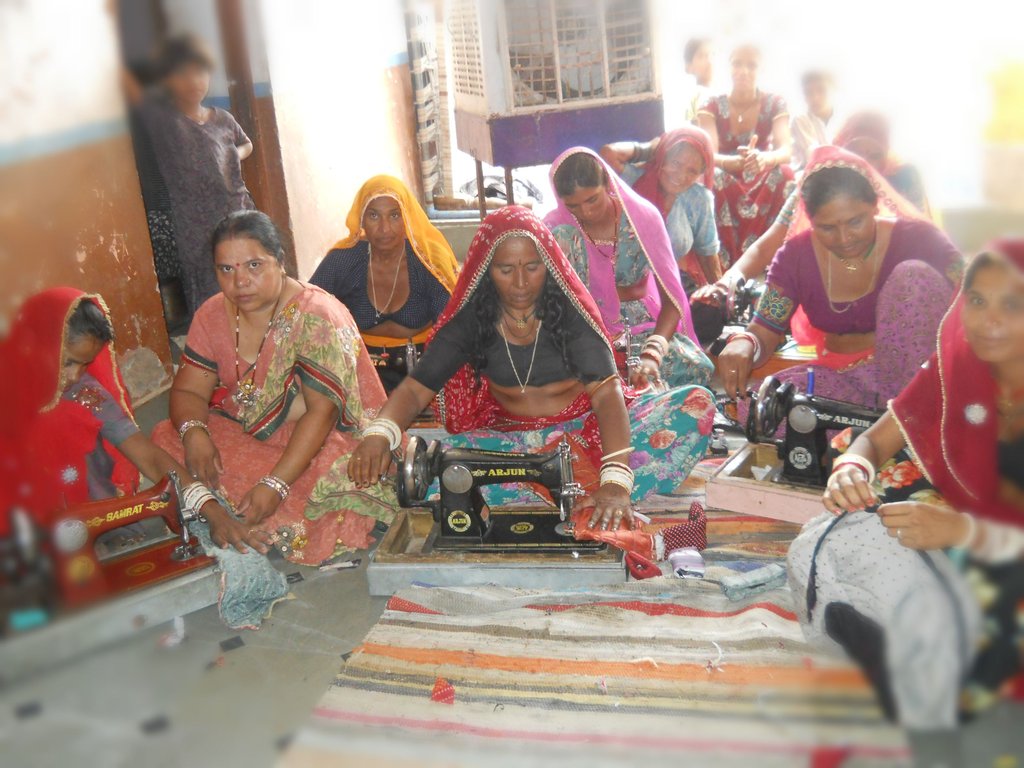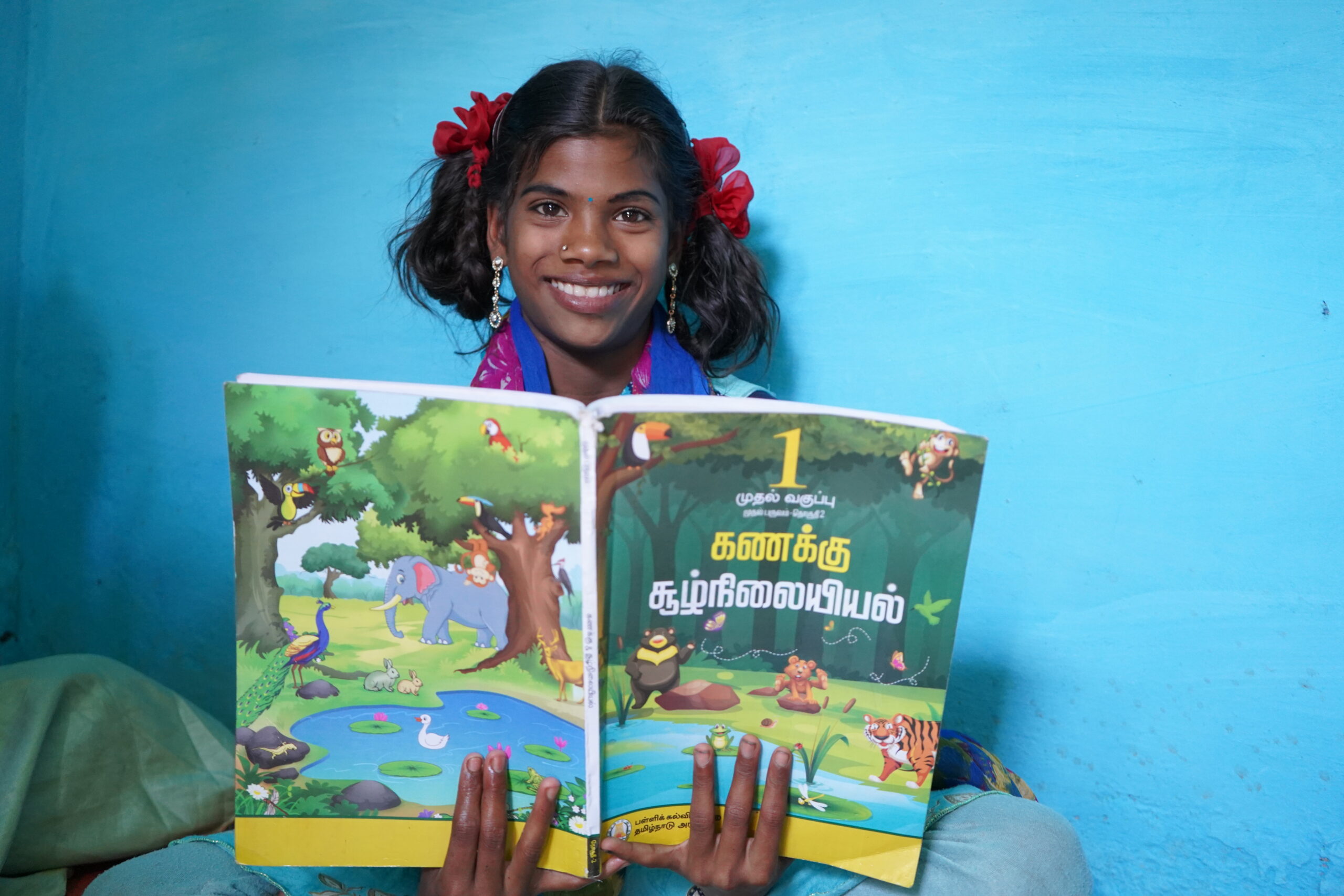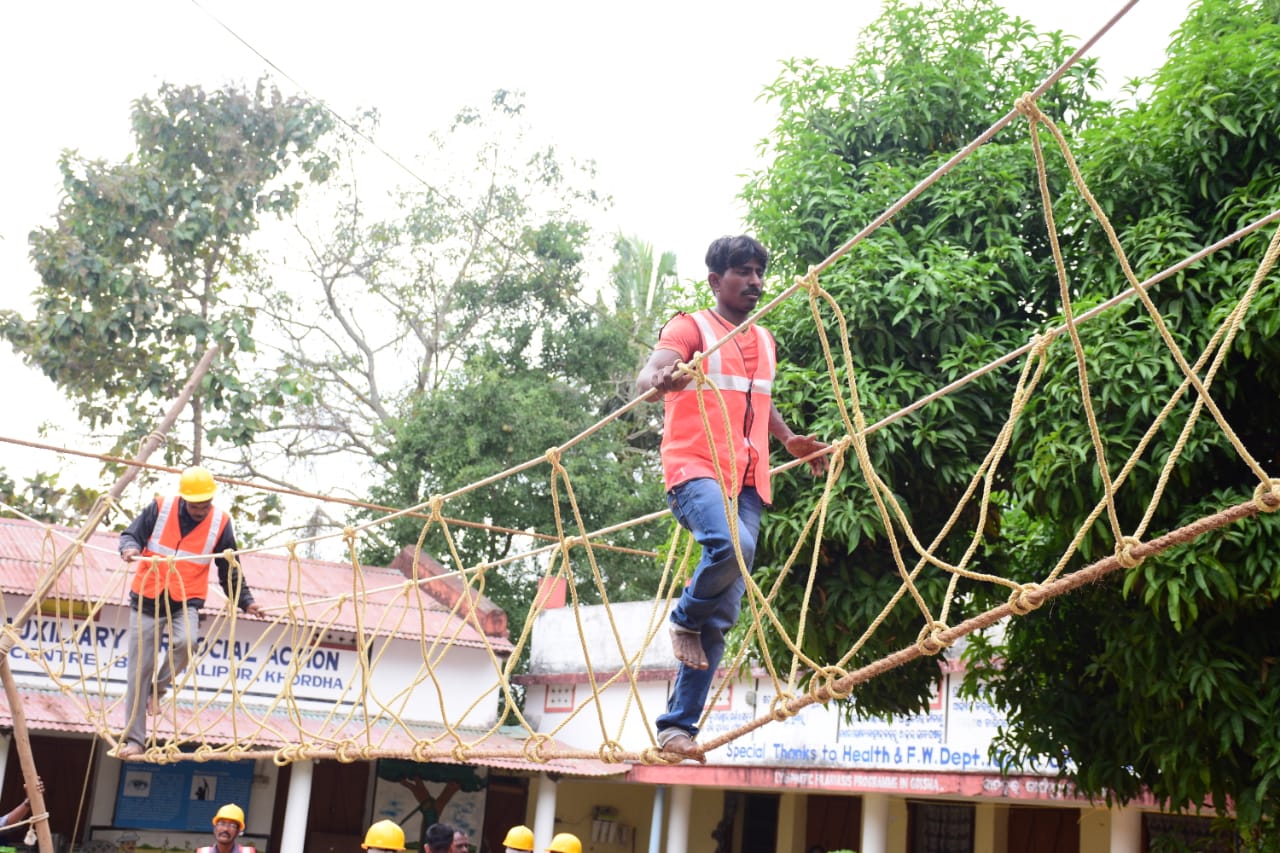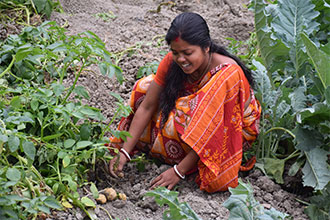CASA BLOGS

Providing Livelihood Opportunities For Rural Women Through Skill-Based Programmes
Access to education and skill development is essential for economic empowerment and personal progress. Although India has made great progress in this regard, substantial obstacles remain, particularly when enlisting females in livelihood and skill-building programmes. The ability to achieve equitable participation is hampered by several issues, even though these programmes are key to ending poverty and gender inequality.
These are a few of the numerous obstacles preventing the enrollment of females in these programmes:
1. Socio-Cultural Norms and Gender Stereotypes
Gender preconceptions and socio-cultural standards are among the most common obstacles that girls face while trying to join in livelihood and skill-building programmes. Girls are frequently expected to put home duties, early marriage, and childcare above education and skill development in many regions of India. The prevalent attitude hampers girls’ goals and engagement in skill-building efforts.
Implementing community outreach initiatives and advocacy campaigns that dispel these myths and emphasise the advantages of girls’ education and skill development is crucial. Attitude changes can be most successfully effected by involving parents, families, and local authorities.
2. Limited Access to Quality Education
Girls continue to face considerable obstacles due to unequal access to high-quality education in rural and marginalised regions. Girls may be discouraged from pursuing education and, therefore, skill-building programmes due to inadequate infrastructure, a lack of close educational institutions, and the absence of female teachers.
females’ access to education and chances for skill development may be increased by increasing the number of high-quality schools and vocational training facilities in rural regions, hiring female teachers, and guaranteeing the availability of safe and accessible transportation for females.
3. Economic Constraints
Economic hardships affect a large number of Indian households, forcing them to give male children’s schooling priority over female children’s. The expense of schooling and the opportunity cost of females participating in income-generating activities are only two examples of the financial barriers that prevent parents from enrolling their daughters in skill-building programmes.
Families’ financial burdens can be reduced by providing scholarships, financial incentives, and subsidies for programmes that teach girls new skills and encourage their education. Additionally, encouraging females to develop income-generating talents might assist parents in realising the long-term advantages of their daughters’ education.
4. Safety and Security Concerns
Girls’ mobility and involvement in livelihood and skill-building programmes are frequently restricted due to worries about their safety and security. Girls may be discouraged from attending training centres due to concerns about harassment, violence, and limited transportation choices.
It is crucial to provide secure learning environments. To safeguard the safety of females during their journeys, this calls for enhancing public transit networks, enacting stringent anti-harassment policies, and working with local authorities.
5. Lack of Information and Guidance
Information on various skill-building and livelihood programmes is frequently unavailable to girls and their families. This lack of understanding prevents girls from pursuing other alternatives for skill development and economic empowerment.
It is possible to give girls and their families comprehensive information about various programmes, their advantages, and the application procedure by establishing information dissemination channels, such as community outreach programmes and internet platforms.
Importance of Enrolling Girls in Livelihood Programs
It is imperative to include more females in livelihood and skill-building programmes for many compelling reasons:
1. Gender Equality: Supporting gender equality is a fundamental human right as well as an issue of social justice. Girls have the same chances as boys to reach their potential by giving them equitable access to skill development programmes.
2. Economic Empowerment: When women gain knowledge and skills, they are better prepared to enter the workforce and support their families financially. In addition to enhancing their personal quality of life, this economic empowerment helps to alleviate poverty in their families and communities.
3. Enrolling females in skill development programmes can help narrow the gender pay gap. Girls who obtain training in historically male-dominated areas have a higher chance of landing well-paying careers and dispelling myths that support wealth inequality.
4. Better Family Well-being: Skilled and educated women frequently make wiser choices regarding the education, nutrition, and health of their families. They are more likely to secure their children’s education, good nutrition, and access to healthcare, all of which contribute to the general well-being of the family.
5. Reduce child marriage by empowering girls to make wise decisions via education and skill development programmes. Girls who have access to education and skills are more likely to put off getting married and having children, which lowers the number of child marriages and improves maternal and child health.
6. Community Development: Educated females frequently take an active part in their communities, supporting initiatives for good change and pushing for it. They are more inclined to support neighbourhood development initiatives, encourage cleanliness and hygiene, and participate in civic activities.
7. National Economic Growth: A country’s economic growth depends on having a talented and educated female workforce. Countries may maximise the potential of their human capital and create an economy that is more productive and successful by enrolling more females in skill-building programmes.
8. Girls with education and skill-building opportunities are likelier to become innovators and entrepreneurs. They can contribute to economic diversification, technical improvements, and the creation of new enterprises and jobs.
Conclusion
In India, enrolling females in livelihood and skill-building programmes is not only important for promoting gender equality, but it also helps the country’s socioeconomic growth. Governments, civil society organisations, communities, and families must all work together to overcome these obstacles.
CASA’S livelihood initiative upskills Indian youth by concentrating on market trends and meeting their varied demands. India can unleash its girls’ enormous potential and create a more inclusive and bright future by methodically and cooperatively tackling the issues.
 Previous Blog Post How Self-Help Groups Promote Leadership Values
Previous Blog Post How Self-Help Groups Promote Leadership ValuesFeatured Post

Empowering Rural Education in India:
14 Mar 2024
Introduction: In the vast tapestry of India, education is the key to unlocking the door to a brighter future. However, the challenge of providing quality education to the rural parts of the country persists. In this blog post, we will delve into the crucial role that Non-Governmental Organizations (NGOs) play in bridging the educational gap […]

Empowering the Future: Disaster Management Training for School Children in Disaster-Prone Areas
22 Feb 2024
Introduction: In the face of increasing natural disasters worldwide, it becomes imperative to equip our younger generation with the knowledge and skills necessary to handle emergency situations. Children, being one of the most vulnerable groups during disasters, can greatly benefit from disaster management training. This blog explores the significance of imparting such training, with a […]

Empowering Women: Transforming Lives Through Sustainable Livelihoods in Rural India
16 Feb 2024
Introduction: In the heart of rural India, a silent revolution is taking place as women embrace newfound opportunities for sustainable livelihoods. This transformation not only uplifts individual lives but also contributes to the overall development of communities. At [Your Organization’s Name], we are committed to driving positive change by providing women in rural India with […]




Leave a Reply
You must be logged in to post a comment.